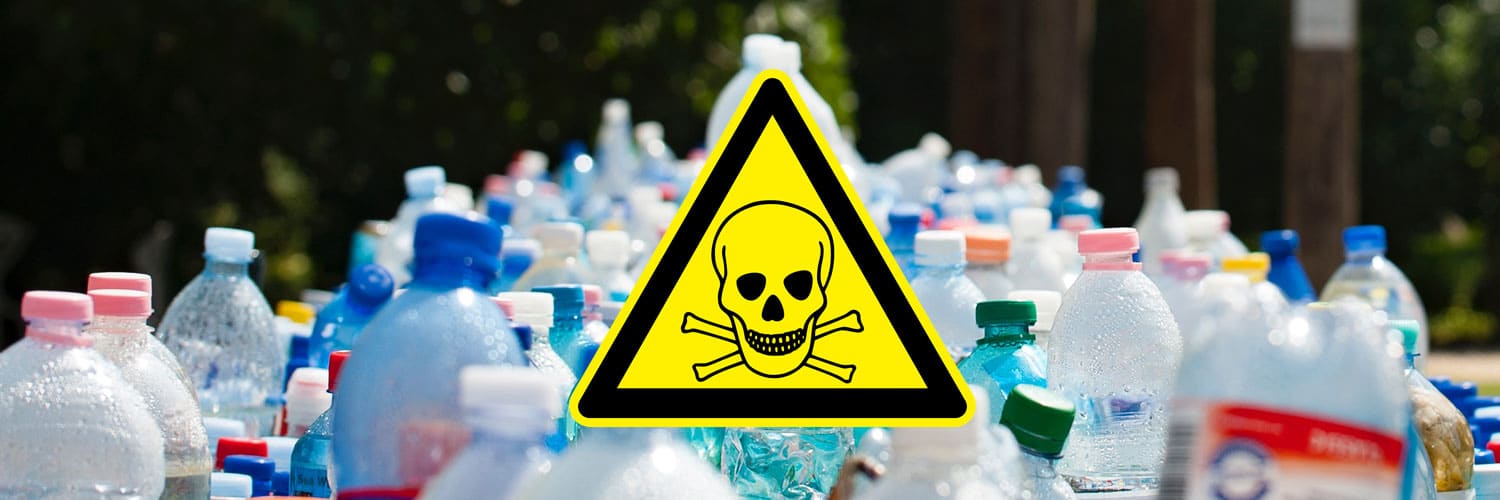There are many types of hazardous waste that can be accumulated by homes and businesses. This may include cleaning products, medical waste, pesticides, herbicides, or paint and construction materials. All of these could be harmful to people, animals, and the environment and so cannot be simply thrown out.
Instead, there are very specific ways to dispose of hazardous waste, and this will vary depending on the exact kind of waste you are dealing with. Also, when considering between prospects to take care of these materials adequately, you may want to consider dumpster rental South Jersey-based companies. By far, the local selection that will adapt the best to your needs.
Let’s take a look at how businesses and individuals can properly dispose of hazardous waste.
What is hazardous waste?
Hazardous waste is defined as a kind of unwanted substance that could cause harm, illness, or death to people, animals, and plants. If you take a look around your home or business, you’d be surprised how many hazardous products and materials that you’ll find. Many common items such as cleaning, maintenance, garden, and automobile products contain chemicals that mean you would become ill if you consume them, and are equally harmful to plants and animals.
Why hazardous waste needs proper disposal
Because these hazardous materials can be harmful to people and the environment, it is not safe to throw them in the bin, nor pour them down the drain, as they could contaminate our rivers, lakes, or water supply. Instead, all materials need to be disposed of properly so that they cannot harm anyone nor get out into the environment.
Proper disposal methods vary depending on the material, however, a good starting point is to read the product label. In some cases, the label will tell you exactly how to dispose of that material safely. All hazardous products should have warnings on the label at least which tells you the type of hazard you are dealing with and the risks it involves such as flammability, toxicity, and corrosivity. Furthermore, for additional safety action, you may reach out to EWM Dumpster Rental to learn more about safe waste disposal or to have them collect it for your end.
Understanding the different hazards
When you look at the label of a chemical or hazardous product, you will notice certain warnings and symbols that tell you the risks associated with that product. It is important to understand these terms and what they mean so that you avoid harm when handling or disposing of the material.
The most common types of hazards are:
- Toxic/poison: This has a symbol with a skull and crossbones, and means that it can poison or harm living organisms, including humans. Poisonous or toxic products include pesticides, fertilizers, solvents, batteries, medications, and antifreeze.
- Corrosive: If you see a symbol with a skeleton hand, this means the substance is corrosive and can eat away at surfaces, whether a tabletop or the skin. Corrosive products include bleach, stain removers, rust removers, drain cleaners, and oven cleaners.
- Flammable: Flammable products are marked with a flame symbol, meaning they burn easily and can be ignited even with a small spark or a little heat. Flammable materials include petrol, motor oil, paint thinners, oil-based paints, insect repellent, some cleaners, and (not surprisingly) lighter fluids and kerosene.
- Reactive/explosive: An explosive symbol shows that a product is reactive or explosive, meaning it has a pressurized container that could explode in certain conditions. Examples include propane or butane cylinders and aerosol cans.
Tips for disposing of hazardous waste
The rules and facilities available vary depending on where you live, so you should contact your local authority to find the best option for disposing of hazardous waste in your area. Some cities have regular collection days where the local government will collect hazardous waste within a set timeframe. In other places, you may need to take the waste to a local facility either on a set day or within their regular hours. There may be local businesses in your area that also accept certain types of waste: for example, garages sometimes recycle motor oil, antifreeze, and even old car batteries. Earth911.org has an online listing where you can find the options where you live.
Be careful not to mix cleaning products together: it may seem like a good idea to combine the products in one container as you are getting ready to dispose of them. However, various chemicals may react together and release poisonous gases. If you cannot responsibly dispose of chemicals you have on hand, or you are unsure how to do so safely, companies like Phs.co.uk offer services to ensure chemicals are disposed of responsibly.
Batteries and light bulbs contain heavy metals that can be harmful to the environment. For these items, you’ll need to take them to a special recycling center. Contact your local authority to find out where your nearest recycling center is.
Proper disposing of hazardous waste is not only the responsible thing to do, but it is also the law: improper disposal could mean you are hit with a significant penalty.

